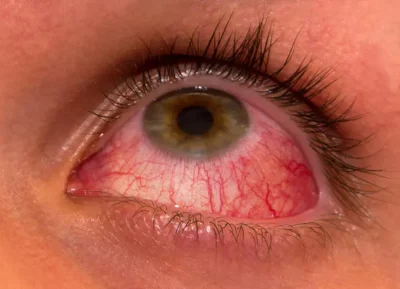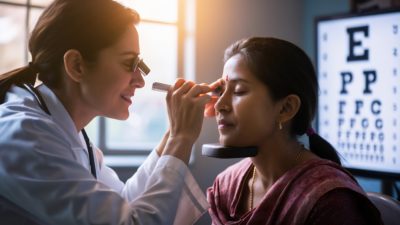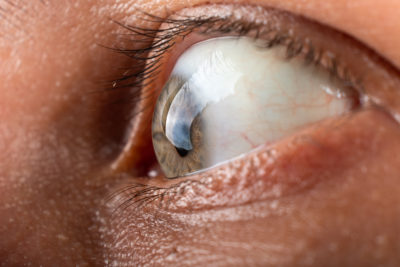It is common to assume that change in temperature particularly in winters will not have any effect on our eyes. Further, we also think that it is not important to take care of our eyes during cold season, which is crucial only in summers and rainy days. Our eyes can still be affected since we are exposed to ultraviolet rays throughout the year. Hence, eye care is necessary.
Sunglasses are one of the most wonderful creations of mankind. It has potential to block 99% of the UV rays. Thus, they are essential accessories when it comes to easy eye care. It not only protects us from dry wind but also from UV light in the sun.
Sunlight shines brightly in the snowy area, and also tend to reflect more on to the eyes. Hence, it is vital to wear sunglasses when are in snowy areas besides when you are at a beach or near the ocean.
Excessive exposure to UV rays can increase the possibility of expediting the cataract formation. In longer run, retina related eye problems like age related macular degeneration etc can also start. So not just our skin but also our eyes needs protection from sunlight. This is relevant in winters as in winters people tend to spend more time in sun to enjoy the warmth in cold weather.
Not many know that eye irritation can also be enhanced by the cold and dry air of the winters.
People who travel or spend a lot of time in countries with cold temperature can experience dryness due to multiple reasons. One of the common reasons being use of heaters in hotels, offices and homes. This easily dries out the moisture in our eyes and cause irritation. In this case, using a humidifier would help to certain extent. So, these people can carry moisturizing eye drops prescribed from the best eye doctor only.
Contact lens users already suffer from common eye problems such as dryness, eye irritation, redness in their eyes. Sometimes, a contact lens is chosen for the size, sometimes for the color and other times for quality and budget. In winters also people who wear contact lenses should adhere to good contact lens care practises to reduce the risk of side effects and complications due to contact lenses. Wearing contact lenses with high Dk value like daily disposable lenses, reducing the wear time, not sleeping with contact lenses, maintaining good hygienic practises etc are some of the common things can help reduce the impact in winters.
Besides all these, reducing and taking breaks from technology, hydrating well by drinking enough water and eating foods rich in anti-oxidants can give additional protection to eyes in winters.
Living a healthy lifestyle need not appear like lifting heavy weights. Tiny, easy and doable habits such as these eye care tips for winters can go long way to maintain normal vision.









